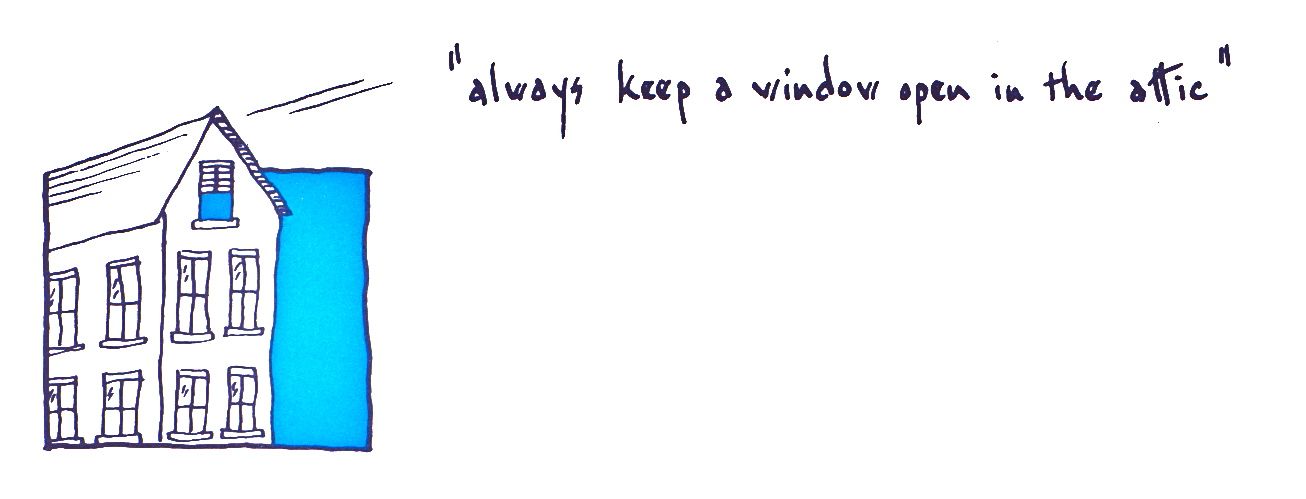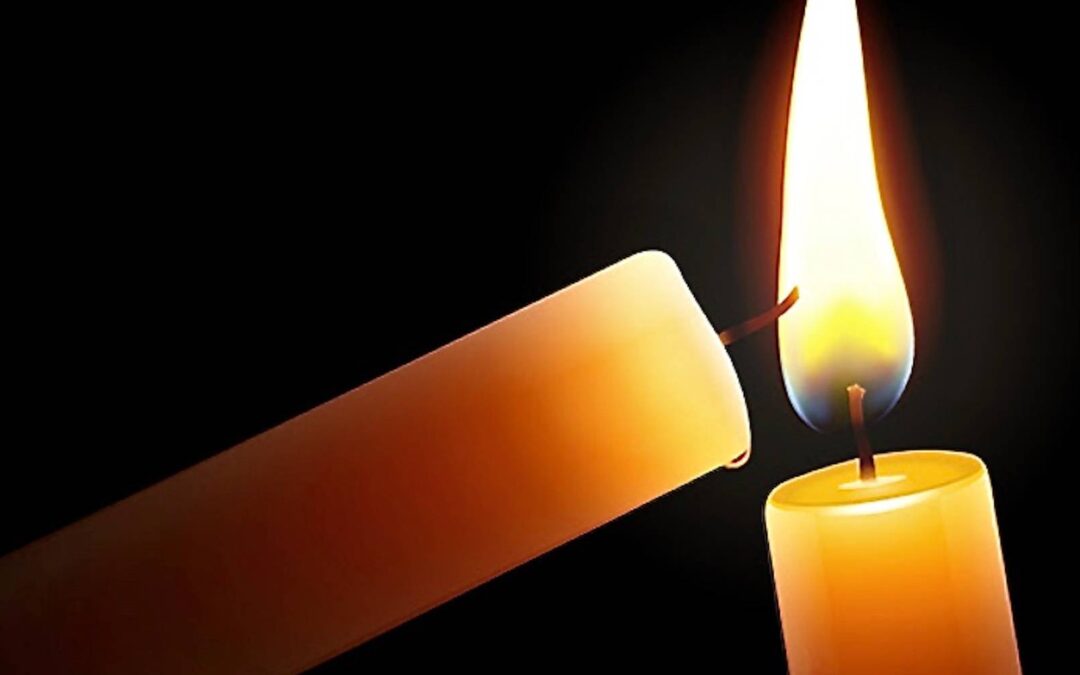© 2023 Dean William Rudoy, PhD
Sometime back in the early 1980s, a sign appeared outside a small Orthodox synagogue a block away from my apartment in Greenwich Village—Kabbalah Study with Rabbi Dovid Din. I had read a little about Kabbalah and was intrigued to know more about the esoteric and mystical side of Judaism, having been raised in a Reformed Jewish family just this side of secularism.
Though drawn to the spiritual, I had a defensive chip on my shoulder, and approached the experience with a good deal of doubt and not insignificant resistance to being indoctrinated into some sort of New Age metaphysics.
I arrived for the first class, attended by about a dozen New York intellectual types in the fluorescent-lit basement of the synagogue. We sat on folding chairs around a brown formica table with fake wood grain. Someone had brought cookies.
I while later, the Rabbi walked into the room—a very thin, young man, wearing the long, black gabardine cloak and broad-brimmed hat of a traditional Chasidic Jew—the most orthodox of the Orthodox. His long, curling, black sidelocks and beard framed a lean face that was pale, translucent. He sort of glowed.
He sat down and we spoke of the soul and of reincarnation. He lit a candle and asked us to watch as the flame flickered upward. “The soul is like this,” he told us—”reaching upward toward its Source, yearning to return. When we die, the soul flies up and away, returning to the Light—and then, sparks fly downward into other lives just being born.”
He asked us to think about Chanukah, the Festival of Lights. On each of the eight nights of that holiday, we light the menorah, a candelabra with nine candle holders. One of those holders is higher than the others and that candle is called the Shamas, the leader. The tradition is to light the Shamas with whatever is around and then use the Shamas to light the other candles. He asked us to close our eyes and imagine we were lighting the first candle from the Shamas. “You see how the Shamas gives of its light, without being diminished? When we give from our hearts, we are the same.”
I thought of Saint Francis. He said, “It is in giving that we receive.” He wasn’t talking about some Western transactional notion of karma—that if I do a good deed, it will eventually come back to me. He was saying something far more radical than that. “It is in giving that we receive.” How can this be? Well, just as the Shamas gives its light without being diminished and at the same time is illuminated by sharing its light, we can do the same, when we choose to act with kindness and generosity.
I began to think about that candle flame—and about me. Though we call the candle’s light by the name flame, a noun, in fact it is a verb. The flame is a process, a flaming. The philosopher Alan Watts pointed out that much of what we experience in this life we have named with nouns, whereas they are in fact verbs. A flower is flowering. An apple tree is appling. A river is rivering. And, I am a human being.
Everything in this life is a process and everything is in motion—patterns ebbing and flowing and intersecting and transforming. The orange I ate this morning looks nothing like my bones, my muscles, my brain cells. And yet, through some remarkable process, the pattern of the orange is becoming those things. That fact alone is enough reason to pause for a moment before eating, to express gratitude for the miracle that is about to occur. The orange gives of itself and is undiminished because it becomes me—undiminished, that is, if I continue the process and accept the responsibility to give of myself, from my heart, which unlike any other source, can never be depleted.
Not long after I met him, Rabbi Dovid Din died.
I like to think that the sparks from his soul have showered down into other new, illuminated lives.
I know that he kindled something within mine.
Dean Rudoy is author of Emissaries: Stories and Reflections
“a quiet book for chaotic times”.

